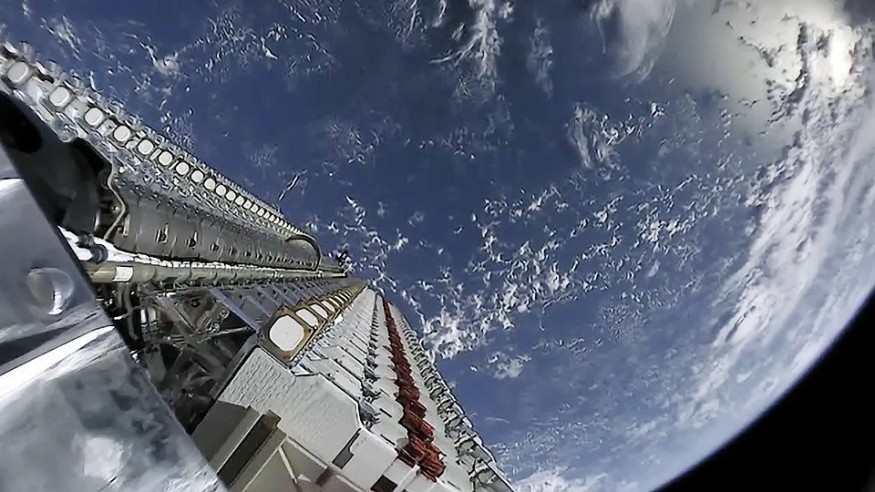
It's an exciting time for SpaceX (a privately-owned American company that manufactures and launches spacecraft and rockets) as they plan to launch the second Starlink mega constellation. SpaceX developed Starlink to provide satellite Internet access. The satellite constellation is made of smaller satellites that work with ground transceivers. SpaceX aims to develop Starlink for military and scientific purposes.
However, astronomers weren't quite happy with the news. They were taking into consideration the last time SpaceX launched the first Starlink last May. Astronomers were worried about how bright the Starlink is and how it may interfere with astronomical observations and just the mere appreciation of the stars. In fact, Starlink is too bright that it can be seen through the naked eye.
NOTHING TO WORRY ABOUT
Astrophysicist Jonathan McDowell of the Harvard-Smithsonian Center for Astrophysics and his team were the first ones to put light on this issue. In an interview with Space.com, he said that upon seeing the launch, he realized that it was some sort of a wake-up call to do something about it.
On the other hand, SpaceX founder Elon Musk reassures the astronomers and the public that they will do something about the issue once the Starlink settled into place. McDowell wasn't convinced. He wants to confirm whether or not Elon Musk's statements will be accurate. What he did was to email amateur astronomers to wait for the first Starlink satellites to be launched in space and reach their final orbit and then compare its brightness to specific satellites. The observations started last July, and although McDowell and his team had not yet completed extensive analysis on the results, what the results show alarmed him.
It seems Starlink's 60+ satellites are indeed shining bright with an average of four to seven in magnitude. If nothing is done about it, the interference will be continual, especially since SpaceX plans to launch more. In an interview, McDowell said: "When you're talking about 30,000 satellites, and many above the horizon at any one time, that's what's new about this, It's not going to be just the occasional interference, it's going to be continual. The bottom-line answer is, you can consistently see these things."
Elon Musk, as a response, sent a note to his Starlink team to specifically deal with the light reflected by the satellites and that SpaceX does not intend to interfere with the studies done by astronomers. McDowell, on the other hand, is not convinced since SpaceX did not give specific details about the modification they plan to do with their satellites. He says, "we can hope that that will improve things, but let's see, the proof is in the pudding, right? All we can do right now is to go on what they've actually put up there. And what they've put up there are bright satellites that if you had many thousands of them would represent a serious change to the night sky."












